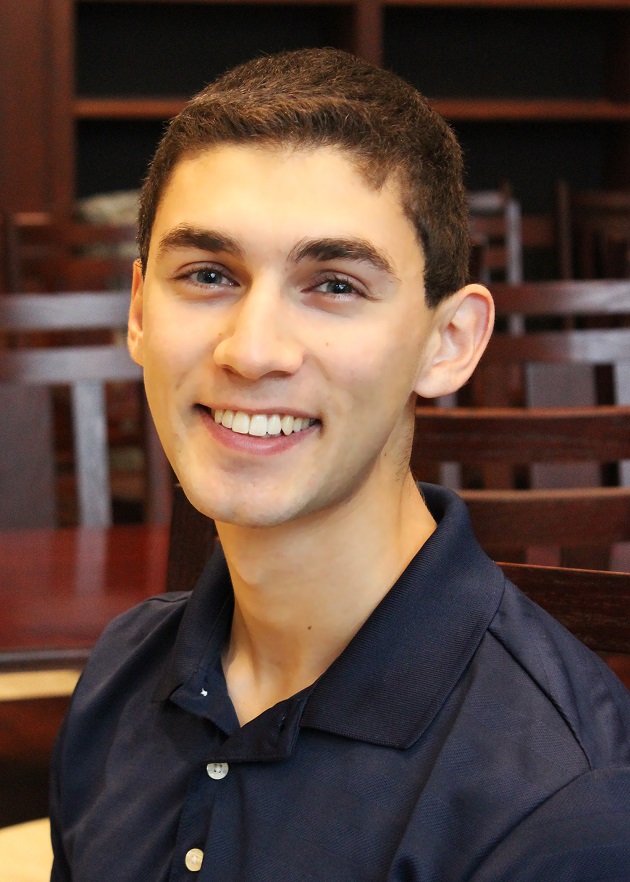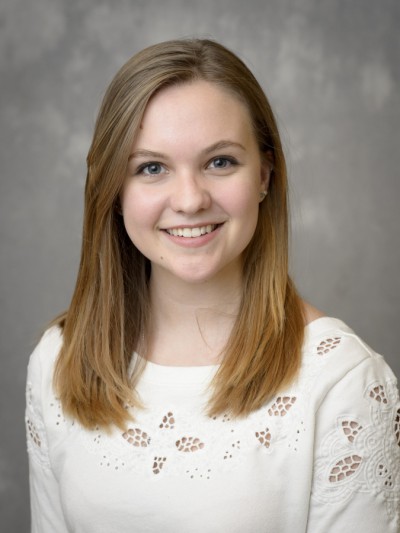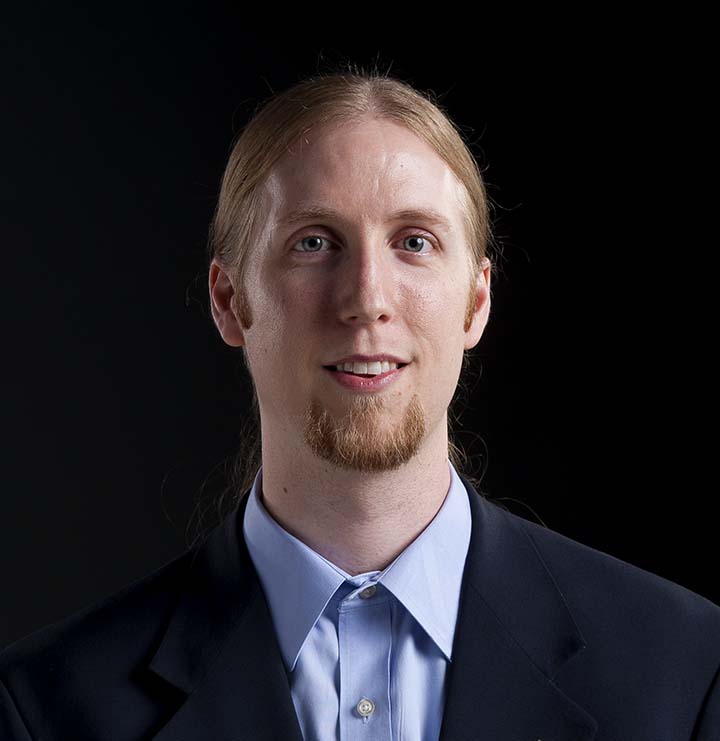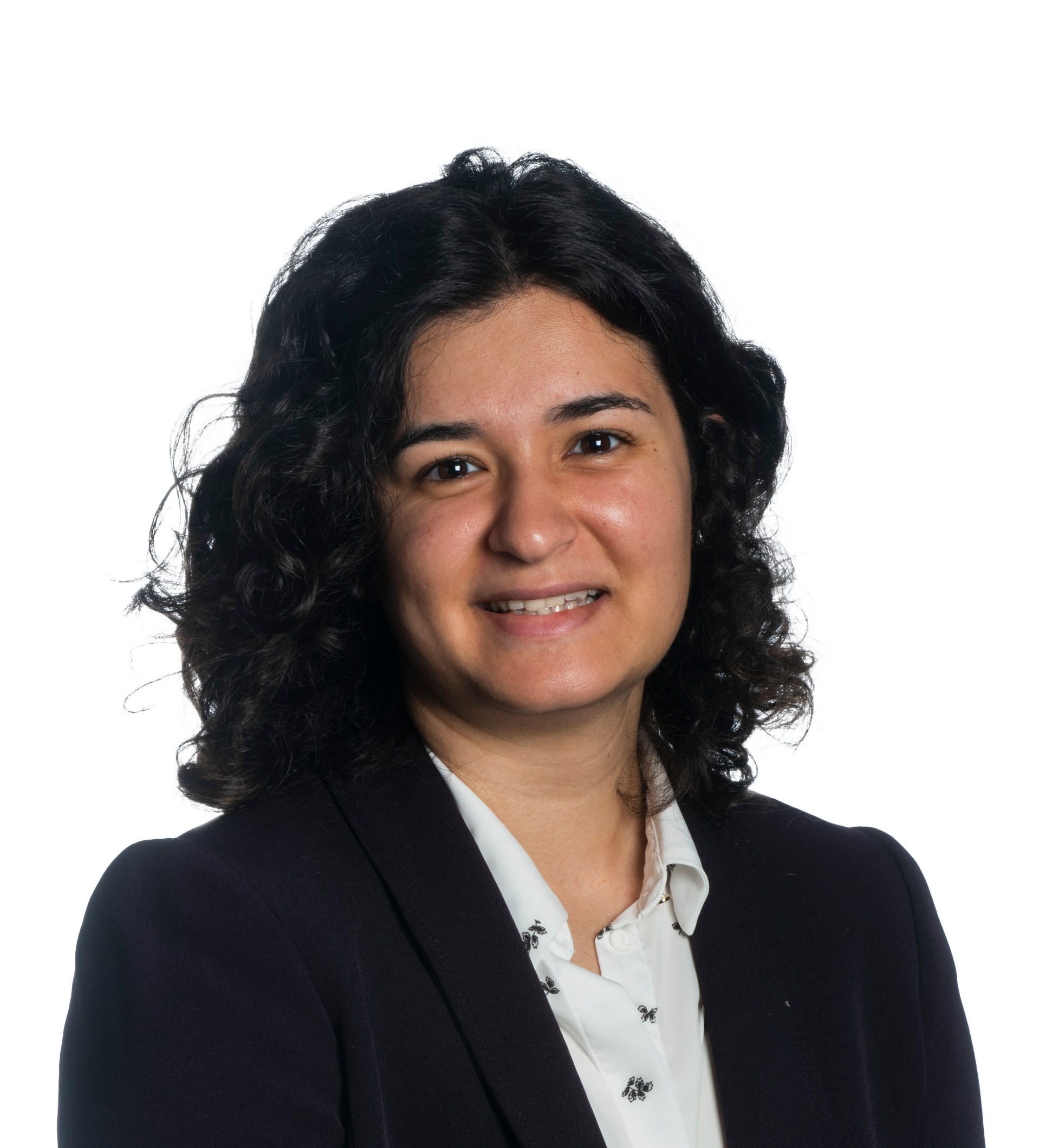Directory
- Share
Michael Drakopoulos
- Alumni
- United States
- 2017 MPhil Medical Science at the CIMR
- Churchill College

Michael Drakopoulos
- Alumni
- United States
- 2017 MPhil Medical Science at the CIMR
- Churchill College
I believe that the purpose of science is to understand, the purpose of medicine is to cure, and the purpose of engineering is to improve quality of life. I studied biomedical engineering at Purdue University seeking to bring regenerative medicine into widespread clinical practice. My research at the U.S. National Heart, Lung, and Blood Institute convinced me that regenerative blood therapies will be the first sub-field to see widespread clinical translation, and I will study such a therapy during my MPhil at Cambridge. Beyond learning the scientific techniques required for the creation of regenerative blood therapies, I also wish to understand the regulatory, economic, and ethical challenges brought about by the approval of such treatments. At Purdue, my developmental biology research, genetic engineering policy work, and efforts in co-founding a nationally-awarded medical device design team led me to take a broad perspective incorporating pragmatic approaches to therapy development, approval, and adoption. I wish for regenerative treatments to reach all those who need them across the globe, and I intend to identify and work through the barriers to this goal, scientific and otherwise. I am honoured and humbled to join the Gates Cambridge community, and I look forward to working with this incredibly diverse group of individuals united in the goal of leading efforts to improve the lives of others.
Previous Education
Purdue University
Marisa Henry
- Alumni
- Canada
- 2016 MPhil Engineerng for Sustainable Dev
- Pembroke College

Marisa Henry
- Alumni
- Canada
- 2016 MPhil Engineerng for Sustainable Dev
- Pembroke College
Born in Canada, but raised primarily in the suburbs of Houston, Texas, I attended Purdue University and graduated with a bachelors of science in environmental and ecological engineering. As a student at Purdue, I led a team working to address water scarcity in the community of Endallah, Tanzania. Beyond applying my technical, engineering knowledge, this project made me aware of the complex, multidisciplinary challenges in creating and maintaining sustainable water systems around the world. Taking up classes and other learning opportunities in subjects including economics and diversity studies, I have strived to incorporate interdisciplinary perspectives into my work. At Cambridge, I plan to further my interdisciplinary studies by pursuing the MPhil in Engineering for Sustainable Development and researching how economics can be incorporated in engineering to design system strategies for sustainable water resources globally. Outside of my academic interests, I enjoy running, hiking, travelling, music, community involvement, and coffee. I am so excited to join the Gates Cambridge community, and look forward to building relationships with other scholars who are working to make a difference in the world.
Previous Education
Purdue University
David Johnson
- Alumni
- United States
- 2004 CASM Mathematics
- Selwyn College

David Johnson
- Alumni
- United States
- 2004 CASM Mathematics
- Selwyn College
Following completion of the Part III Maths programme at Cambridge, I worked as a business analyst at McKinsey & Company, a global management consulting firm. In 2008, I enrolled at the Pardee RAND Graduate School, working towards a PhD in policy analysis. Upon completion of the PhD in 2013, I remained working as a mathematician at RAND to develop new methods for long-term decision-making under deep uncertainty. Applications are typically related to climate change adaptation, ranging from flood risk management and water economics to renewable energy policy and life cycle assessment. My work is highly interdisciplinary, incorporating economics, statistics, engineering, operations research, and decision analysis. Most notably, I have developed the model of flood risk and economic damage used by the state of Louisiana to evaluate the benefits of hundreds of protection projects for their 50-year, $50 billion Comprehensive Master Plan for a Sustainable Coast.
Currently, I am an assistant professor of industrial engineering and political science at Purdue University, where I was part of the university's Building Sustainable Communities cluster hire. I also retain an adjunct mathematician posting at RAND Corporation as part of my continuing flood risk management work in Louisiana.
Previous Education
North Carolina State University B.S. Mathematics 2003
Catherine Wagner
- Scholar-elect
- United States
- 2025 MPhil Data Intensive Science
- Corpus Christi College

Catherine Wagner
- Scholar-elect
- United States
- 2025 MPhil Data Intensive Science
- Corpus Christi College
While studying Chemical Engineering and Spanish Language and Literature at North Carolina State University, I developed an interest in vaccine manufacturing and the complex societal factors that determine global access to vaccination. After graduation, I spent three years in the Merck Manufacturing Leadership Development Program, supporting critical projects in the U.S. and abroad; I subsequently became an Operations Manager. I have also volunteered with the Purdue University Biotechnology Innovation and Regulatory Science (BIRS) program as an industry guest lecturer, working to equip students in sub-Saharan Africa with the skills to launch localized vaccine manufacturing. My career has given me insight into the vast amounts of data generated by complex processes, and I am keenly interested in leveraging this data to move the field forward. During my MPhil in Data Intensive Science at Cambridge, I will explore how data science can streamline pharmaceutical manufacturing, contributing to higher yields, lower costs per dose, and ultimately greater access for patients. I’m excited to join the Gates Cambridge community and look forward to collaborating with passionate scholars to improve the lives of others around the world.
Previous Education
North Carolina State University Biomanufacturing
North Carolina State University Spanish Language & Literature
4 Items








